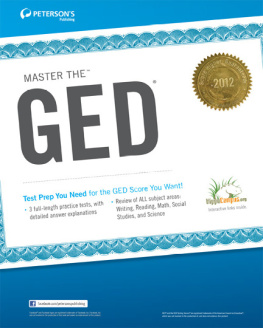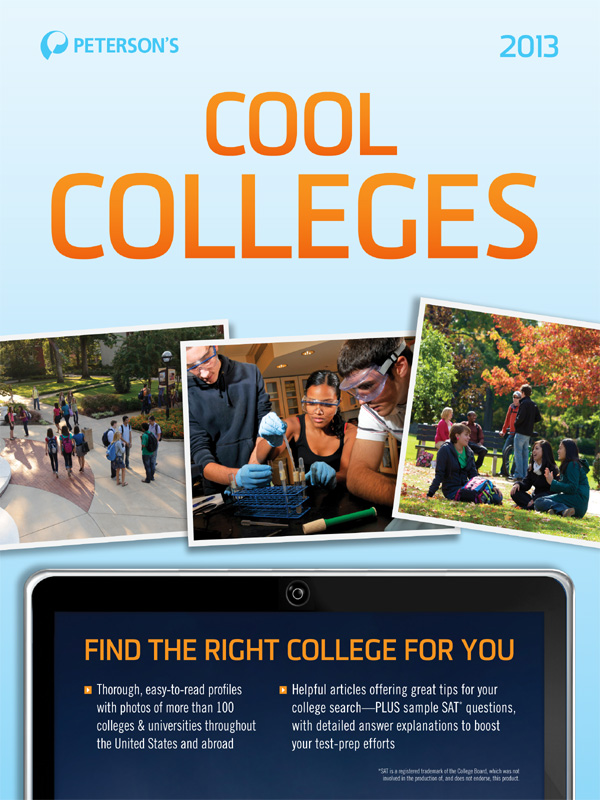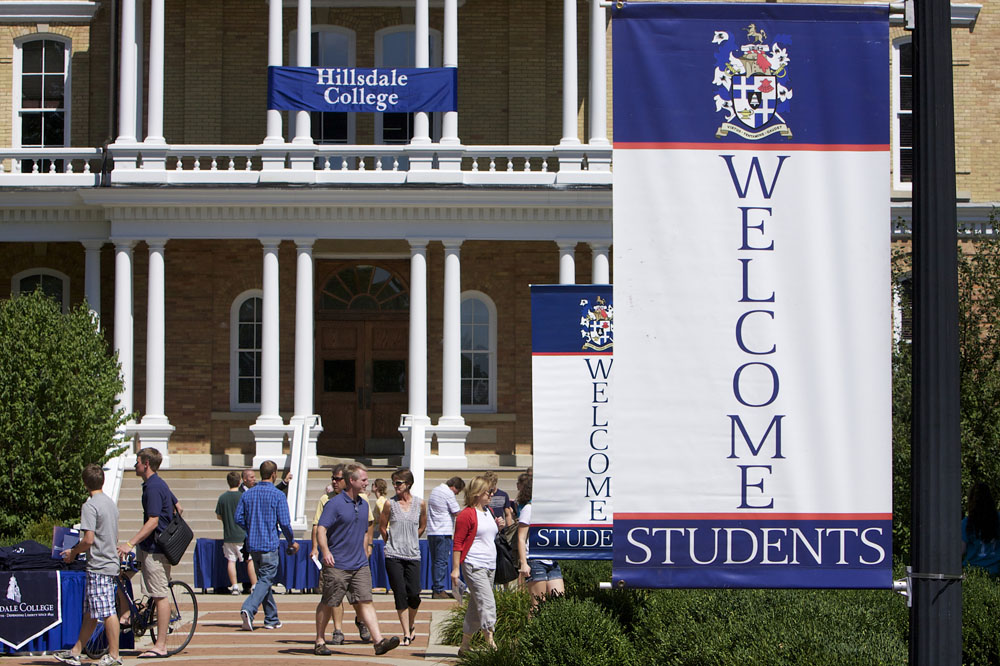The word career has a scary sound to it when youre still in high school. Careers are for college graduates or those who have been in the workplace for years. But unless you grew up knowing for sure that you wanted to fly airplanes or be a botanist, what will you do? Youll be happy to know that interests you have now can very possibly lead to a college major or career. A job at a clothing store, for instance, could lead to a career designing clothes. Perhaps those hours you spend on your Xbox video game system will lead to a career creating video games! Maybe you babysit and love being around kids, so teaching becomes an obvious choice. Perhaps cars fascinate you, and you find out you want to fix them for a living.
This chapter will show you how you can begin exploring your interestssort of like getting into a swimming pool starting with your big toe, rather than plunging in. Vocational/career and tech-prep programs, summer jobs, and volunteering are all ways you can test various career paths to decide if you like them.
If youre looking for a more real-world education, add yourself to the nearly 11 million youths and adults who are getting a taste of the workplace through vocational and career education programs offered in high schools across the nation. These programs are designed to help you develop competency in the skills youll need in the workplace as well as in school.
What makes this kind of program different is that you learn in the classroom and in the real world of the workplace. Not only do you learn the academics in school, but you also get hands-on training by job shadowing, working under a mentor, and actually performing a job outside of school. Your interests and talents are usually taken into consideration, and you can choose from a variety of traditional, high-tech, and service industry training programs. Take a look at the following categories and see what piques your interest.
Student Counsel
Q: What do you like about vocational training?
A: I jumped into the tech center my first year when I was a junior because I thought it was a good way to get out of school. But as the year went on, I said, Hey, this is a good place to be because its giving me job experience, and Im learning how to dress and present myself like I was at a real job. I go during the first 3 or last 3 hours of the school day. When were in class, we get to do real jobs for people who ask our instructor for help. Then our teacher lets our creative minds go. We just designed a DVD cover. One guy here designed a motorcycle and built it, and now he has 3 people asking him to come and work for them.
Student
Tuscola County Tech Center
Reese High School
Reese, Michigan
Agricultural education. These programs prepare students for careers in agricultural production, animal production and care, agribusiness, agricultural and industrial mechanics, environmental management, farming, horticulture and landscaping, food processing, and natural resource management.
Business education. Students prepare for careers in accounting and finance and computer and data processing as well as administrative/secretarial and management/supervisory positions in professional environments (banking, insurance, law, public service).
Family and consumer sciences. These programs prepare students for careers in child care, food management and production, clothing and interiors, and hospitality and facility care. Core elements include personal development, family life and planning, resource management, and nutrition and wellness.
Trade and industrial and health occupations. Students prepare for careers in auto mechanics, the construction trades, cosmetology, electronics, graphics, public safety, and welding. Health occupation programs offer vocational training for careers in dental and medical assisting, practical nursing, home health care, and medical office assisting.
Marketing education. These programs prepare students for careers in sales, retail, advertising, food and restaurant marketing, and hotel management.
Many vocational/career education programs are available; the kinds just listed represent only a few of the possibilities. To get more information about vocational education programs, call 202-245-7700, e-mail .
From the Guidance Office
Q: What if going to college is not for me?
A: When adults ask kids what they want to do as a career, kids feel pressured. They think adults want them to identify with one single career. But there are more than 40,000 job titles a person can hold. We tell kids to pick a path first. When you exit high school, there are three paths you can take. One is to the workplace. One leads to the military as a career or as a stepping stone. The third leads to more educationa professional degree, a four-year degree, or a two-year degree. They have to determine which path theyll take.
One of the main selling points about getting career education in high school is that nearly every employer wants you to have some experience before you are hired. In career tech, students are in a workplace environment and can list their time as work experience, and theyll have previous employers who can vouch for them.
Counselor, Technology Center
Tuscola ISD
Caro, Michigan
The Tech-Prep Path
An even more advanced preparation for the workplace and/or an associate degree from a college is called tech-prep. Its an educational path that combines college-prep and vocational/technical courses of study.
During the sequence of courses, the focus is on blending academic and vocational/technical competencies. When you graduate from high school, youll be able to jump right into the workforce or get an associate degree. But if you want to follow this path, youve got to plan for it starting in the ninth grade. Ask your guidance counselor for more information.
Using the Summer to Your Advantage
When youre sitting in class, a summer with nothing to do might seem appealing. But after youve downloaded and listened to all of your favorite new songs, aced all of your video games, hung out at the same old mall, and talked to your friends on the phone about being bored, whats left? How about windsurfing on a cool, clear New England lake? Horseback riding along breathtaking mountain trails? Parlez franais in Paris? Trekking through spectacular canyon lands or living with a family in Costa Rica, Spain, Switzerland, or Japan? Exploring college majors or possible careers? Helping out on an archeological dig or community-service project? Along the way, youll meet some wonderful people and maybe even make a couple of lifelong friends.
Interested? Get ready to pack your bags and join the 1 million kids and teens who will be having the summer of a lifetime at thousands of terrific camps, academic programs, sports clinics, arts workshops, internships, volunteer opportunities, and travel adventures throughout North America and abroad.
Oh, you dont have the money, you say? Not to worry. There are programs to meet every budget, from $50 workshops to $5000 world treks and sessions that vary in length from just a couple of hours to a couple of months.





